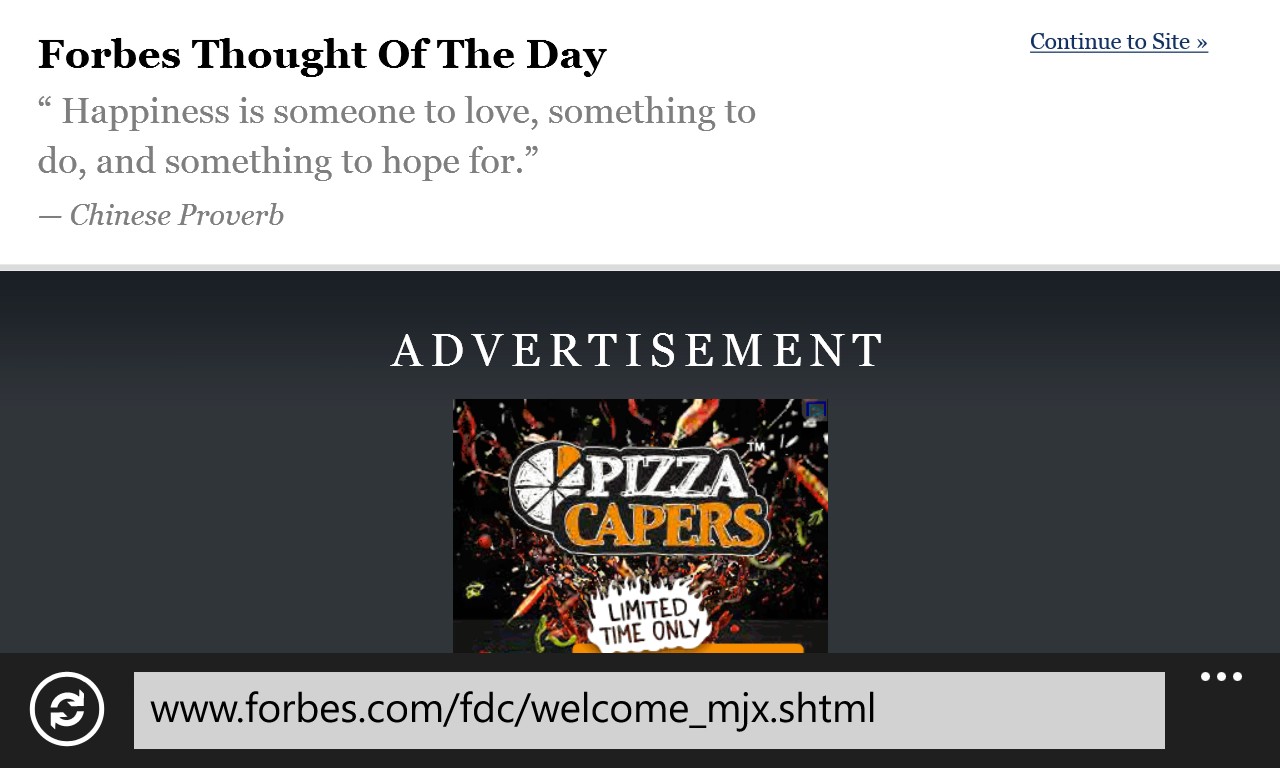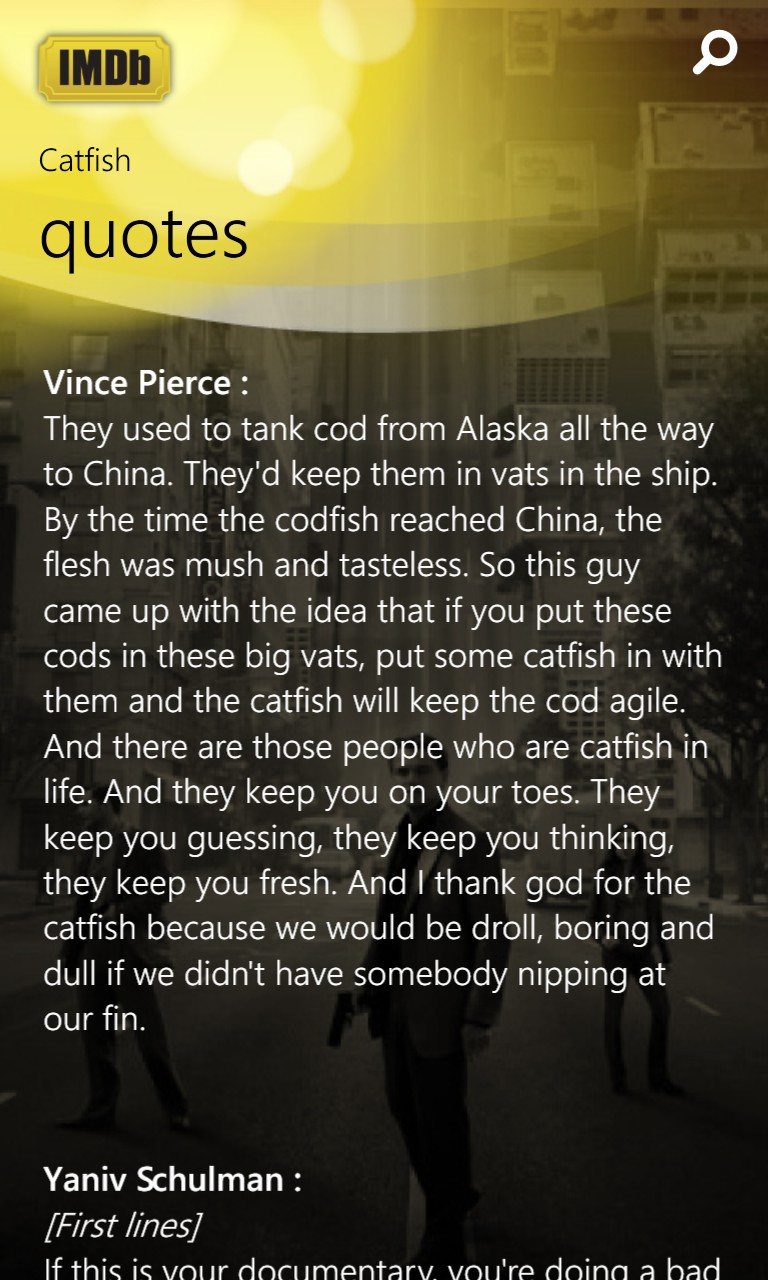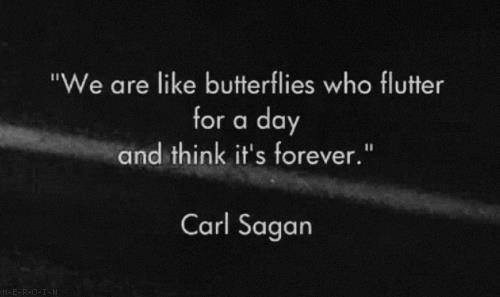I like these… good for provoking a reaction…
https://www.linkedin.com/today/post/article/20140807094555-20017018-13-ceos-share-their-favorite-job-interview-questions
The Strange, Difficult Questions CEOs Ask in Job Interviews

Interview questions: Everyone has them.
And everyone wishes they had better ones.
So I asked smart people from a variety of fields for their favorite interview question and what it tells them about the candidate.
1. Why have you had X number of jobs in Y years?
This question helps me get a full picture of the candidate’s work history. What keeps them motivated? Why, if they have, did they jump from job to job? And what is the key factor when they leave?
The answer shows me their loyalty and their reasoning process. Do they believe someone always keeps them down (managers, bosses, etc.)? Do they get bored easily?
There is nothing inherently wrong with moving from job to job — the reasons why are what matters.
— Shama Kabani, The Marketing Zen Group founder and CEO
2. If we’re sitting here a year from now celebrating what a great twelve months it’s been for you in this role, what did we achieve together?
For me, the most important thing about interviews is that the interviewee interviews us. I need to know they’ve done their homework, truly understand our company and the role… and reallywant it.
The candidate should have enough strategic vision to not only talk about how good the year has been but to answer with an eye towards that bigger-picture understanding of the company — and why they want to be here.
— Randy Garutti, Shake Shack CEO
3. When have you been most satisfied in your life?
Except with entry-level candidates, I presume reasonable job skill and intellect. Plus I believe smart people with relevant experience adapt quickly and excel in new environments where the culture fits and inspires them. So, I concentrate on character and how well theirs matches that of my organization.
This question opens the door for a different kind of conversation where I push to see the match between life in my company and what this person needs to be their best and better in my company than he or she could be anywhere else.
— Dick Cross, Cross Partnership founder and CEO
4. If you got hired, loved everything about this job, and are paid the salary you asked for, what kind of offer from another company would you consider?
I like to find out how much the candidate is driven by money versus working at a place they love.
Can they be bought?
You’d be surprised by some of the answers.
— Ilya Pozin, Ciplex founder
5. Who is your role model, and why?
The question can reveal how introspective the candidate is about their own personal and professional development, which is a quality I have found to be highly correlated with success and ambition.
Plus it can show what attributes and behaviors the candidate aspires to.
— Clara Shih, Hearsay Social co-founder and CEO
6. What things do you not like to do?
We tend to assume people who have held a role enjoy all aspects of that role, but I’ve found that is seldom the case.
Getting an honest answer to the question requires persistence, though. I usually have to ask it a few times in different ways, but the answers are always worth the effort. For instance, I interviewed a sales candidate who said she didn’t enjoy meeting new people.
My favorite was the finance candidate who told me he hated dealing with mundane details and checking his work. Next!
— Art Papas, Bullhorn founder and CEO
7. Tell me about a project or accomplishment that you consider to be the most significant in your career.
I find that this question opens the door to further questions and enables someone to highlight themselves in a specific, non-generic way.
Plus additional questions can easily follow: What position did you hold when you achieved this accomplishment? How did it impact your growth at the company? Who else was involved and how did the accomplishment impact your team?
Discussing a single accomplishment is an easy way to open doors to additional information and insight about the person, their work habits, and how they work with others.
— Deborah Sweeney, MyCorporation CEO
8. What’s your superpower… or spirit animal?
During her interview I asked my current executive assistant what was her favorite animal. She told me it was a duck, because ducks are calm on the surface and hustling like crazy getting things done under the surface.
I think this was an amazing response and a perfect description for the role of an EA. For the record, she’s been working with us for over a year now and is amazing at her job.
— Ryan Holmes, HootSuite CEO
9. We’re constantly making things better, faster, smarter or less expensive. We leverage technology or improve processes. In other words, we strive to do more–with less. Tell me about a recent project or problem that you made better, faster, smarter, more efficient, or less expensive.
Good candidates will have lots of answers to this question. Great candidates will get excited as they share their answers.
In 13 years we’ve only passed along one price increase to our customers. That’s not because our costs have decreased–quite the contrary. We’ve been able to maintain our prices because we’ve gotten better at what we do. Our team, at every level, has their ears to the ground looking for problems to solve.
Every new employee needs to do that, too.
— Edward Wimmer, RoadID co-founder
10. Discuss a specific accomplishment you’ve achieved in a previous position that indicates you will thrive in this position.
Past performance is usually the best indicator of future success.
If the candidate can’t point to a prior accomplishment, they are unlikely to be able to accomplish much at our organization–or yours.
–– Dave Lavinsky, founder of Guiding Metrics
11. So, what’s your story?
This inane question immediately puts an interviewee on the defensive because there is no right answer or wrong answer. But there is an answer.
It’s a question that asks for a creative response. It’s an invitation to the candidate to play the game and see where it goes without worrying about the right answer. By playing along, it tells me a lot about the character, imagination, and inventiveness of the person.
The question, as obtuse as it might sound to the interviewee, is the beginning of a story and in today’s world of selling oneself, or one’s company, it’s the ability to tell a story and create a feeling that sells the brand–whether it’s a product or a person.
The way they look at me when the question is asked also tells me something about their likeability. If they act defensive, look uncomfortable, and pause longer than a few seconds, it tells me they probably take things too literally and are not broad thinkers. In our business we need broad thinkers.
— Richard Funess, Finn Partners managing partner
12. What questions do you have for me?
I love asking this question really early in the interview–it shows me whether the candidate can think quickly on their feet, and also reveals their level of preparation and strategic thinking.
I often find you can learn more about a person based on the questions they ask versus the answers they give.
— Scott Dorsey, ExactTarget co-founder and CEO
13. Tell us about a time when things didn’t go the way you wanted — like a promotion you wanted and didn’t get, or a project that didn’t turn out how you had hoped.
It’s a simple question that says so much. Candidates may say they understand the importance of working as a team but that doesn’t mean they actually know how to work as a team. We need self-starters that will view their position as a partnership.
Answers tend to fall into three basic categories: 1) blame 2) self-deprecation, or 3) opportunity for growth.
Our company requires focused employees willing to wear many hats and sometimes go above and beyond the job description, so I want team players with the right attitude and approach. If the candidate points fingers, blames, goes negative on former employers, communicates with a sense of entitlement, or speaks in terms of their role as an individual as opposed to their position as a partnership, he or she won’t do well here.
But if they take responsibility and are eager to put what they have learned to work, they will thrive in our meritocracy.
— Tony Knopp, Spotlight Ticket Management co-founder and CEO








 © Getty
© Getty © UIG/Getty
© UIG/Getty © SSPL/Getty
© SSPL/Getty © Popperfoto/Getty
© Popperfoto/Getty © Getty
© Getty